Ukrainian President Volodymyr Zelenskyy on Thursday made an unannounced visit to the International Criminal Court, which has issued an arrest warrant for Russian President Vladimir Putin for alleged war crimes in Ukraine.
Zelenskyy was on a visit to The Hague, which hosts the ICC as well as the United Nations' top judicial organ, the International Court of Justice. The Dutch city calls itself the international city of peace and justice.
Zelenskyy was welcomed outside the ICC building by the court's president, Poland's Piotr Hofmański. Court staff crowded at windows to get a glimpse of Zelenskyy's arrival and raised a Ukrainian flag next to its own flag outside the building.
Judges at the ICC last month announced they found "reasonable grounds to believe" that Putin and his commissioner for children's rights were responsible for the unlawful deportation and unlawful transfer of children from occupied areas of Ukraine to Russia.
But the chances of Putin standing trial in The Hague are remote, The court does not have a police force to execute its warrants, and the Russian leader is unlikely to travel to any of the ICC's 123 member states that are under an obligation to arrest him if they can.
The visit came a day after he denied that Ukrainian forces were responsible for what the Kremlin called an attempt to assassinate Putin in a drone attack.
On a visit to Helsinki on Wednesday, Zelenskyy told reporters: "We didn't attack Putin. We leave it to (the) tribunal."
Ukraine's Air Force Command said early Thursday that Russian forces attacked multiple Ukrainian regions overnight with Iranian-made drones. Air raid sirens sounded across Ukraine overnight and explosions were reported in the southern city of Odesa and the capital, Kyiv.
Ukraine's military said that in Odesa, three drones — inscribed "for Moscow" and "for the Kremlin," referencing an alleged Ukrainian attack on Wednesday — hit a dorm of an educational facility, but the fire was quickly put out and there were no casualties. Kyiv was targeted with drones and missiles, its military administration said, in what is a third airborne attack on the capital in four days. All of them were shot down.
The ICC said in a March 18 statement that Putin "is allegedly responsible for the war crime of unlawful deportation of (children) and that of unlawful transfer of (children) from occupied areas of Ukraine to the Russian Federation."
ICC Prosecutor Karim Khan has made repeated visits to Ukraine and is setting up an office in Kyiv to facilitate his ongoing investigations in the country.
However, the ICC does not have jurisdiction to prosecute Putin for the crime of aggression — the unlawful invasion of another sovereign country. The Dutch government has offered to host a court that could be established to prosecute the crime of aggression and an office is being established to gather evidence.
The new International Center for Prosecution of the Crime of Aggression should be operational by summer, the European Union's judicial cooperation agency, Eurojust, said in February.
Zelenskyy's visit to The Hague came as questions continued to swirl around Russia's claim that it foiled an attack by Ukrainian drones on the Kremlin early Wednesday. Moscow branded it an unsuccessful assassination attempt against Putin and promised retaliation for what it termed a "terrorist" act.
Air raid sirens went off in Kyiv overnight, but there were no immediate reports of any airstrikes on the Ukrainian capital.
Putin wasn't in the Kremlin at the time and was at his Novo-Ogaryovo residence outside Moscow, his spokesman Dmitry Peskov told Russia's state news agency RIA Novosti.
There was no independent verification of the purported attack, which Russia authorities said occurred overnight but presented no evidence to support it. Questions also arose as to why it took the Kremlin hours to report the incident and why videos of it also surfaced later in the day.
-AP



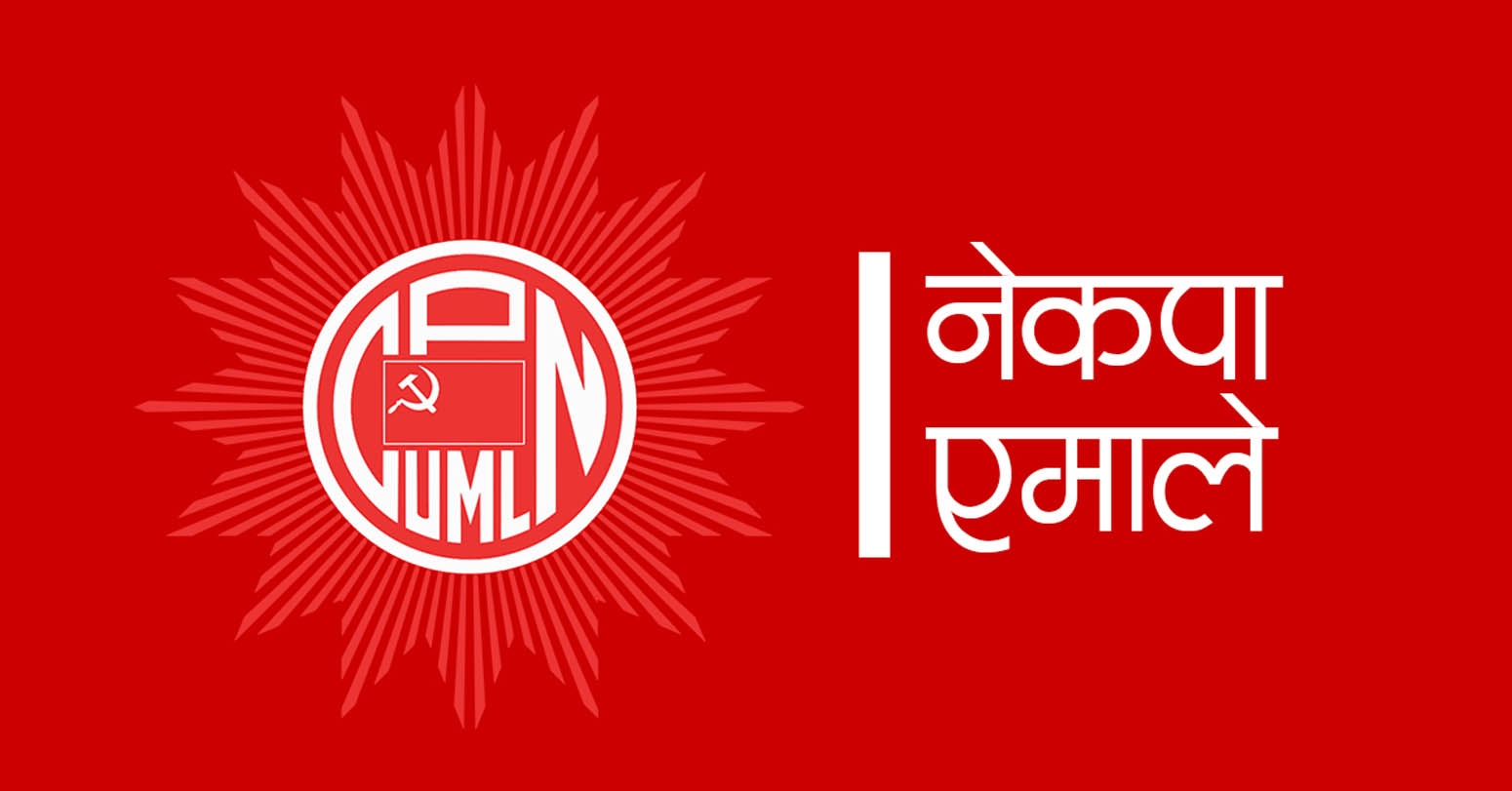
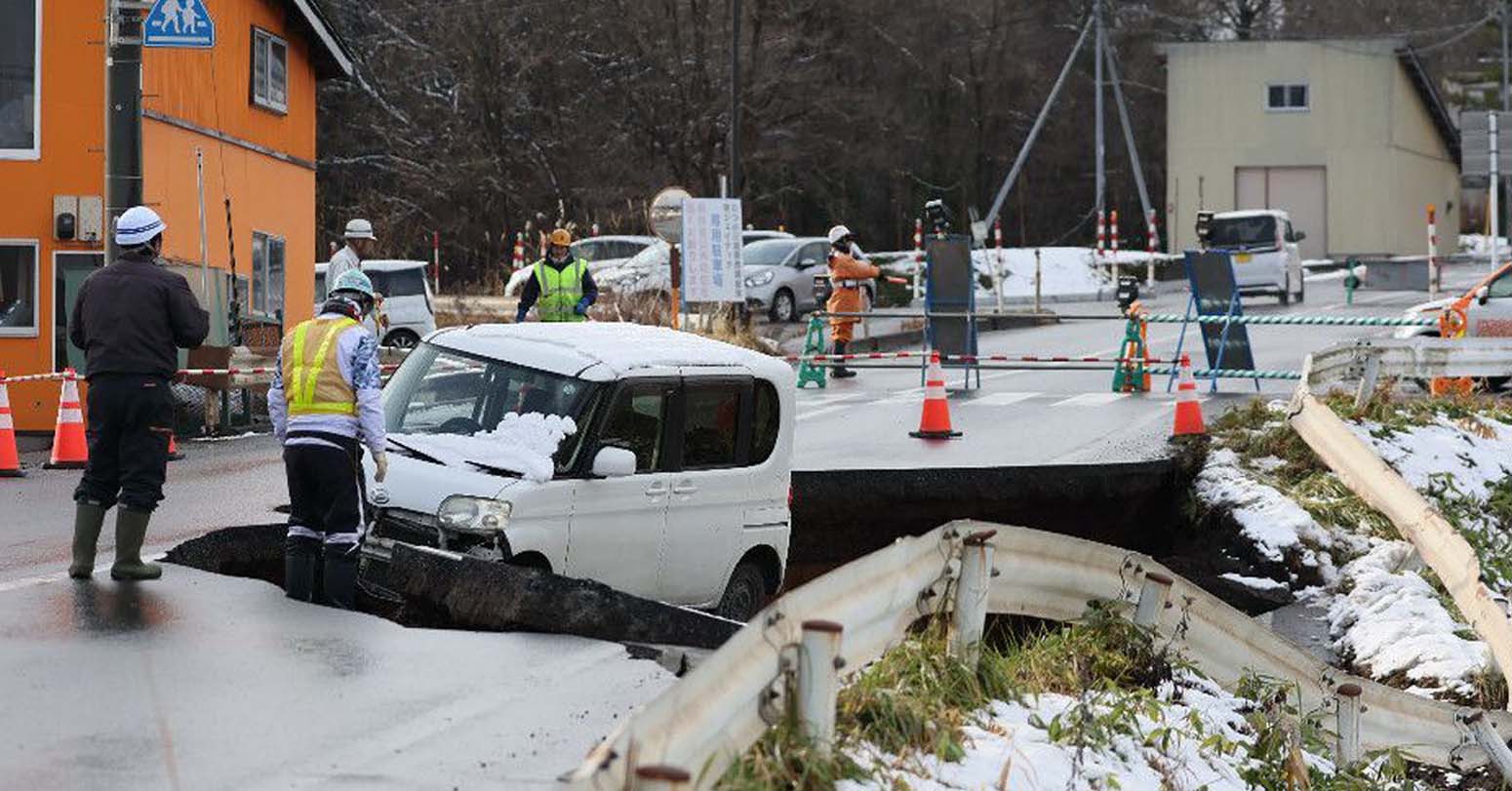
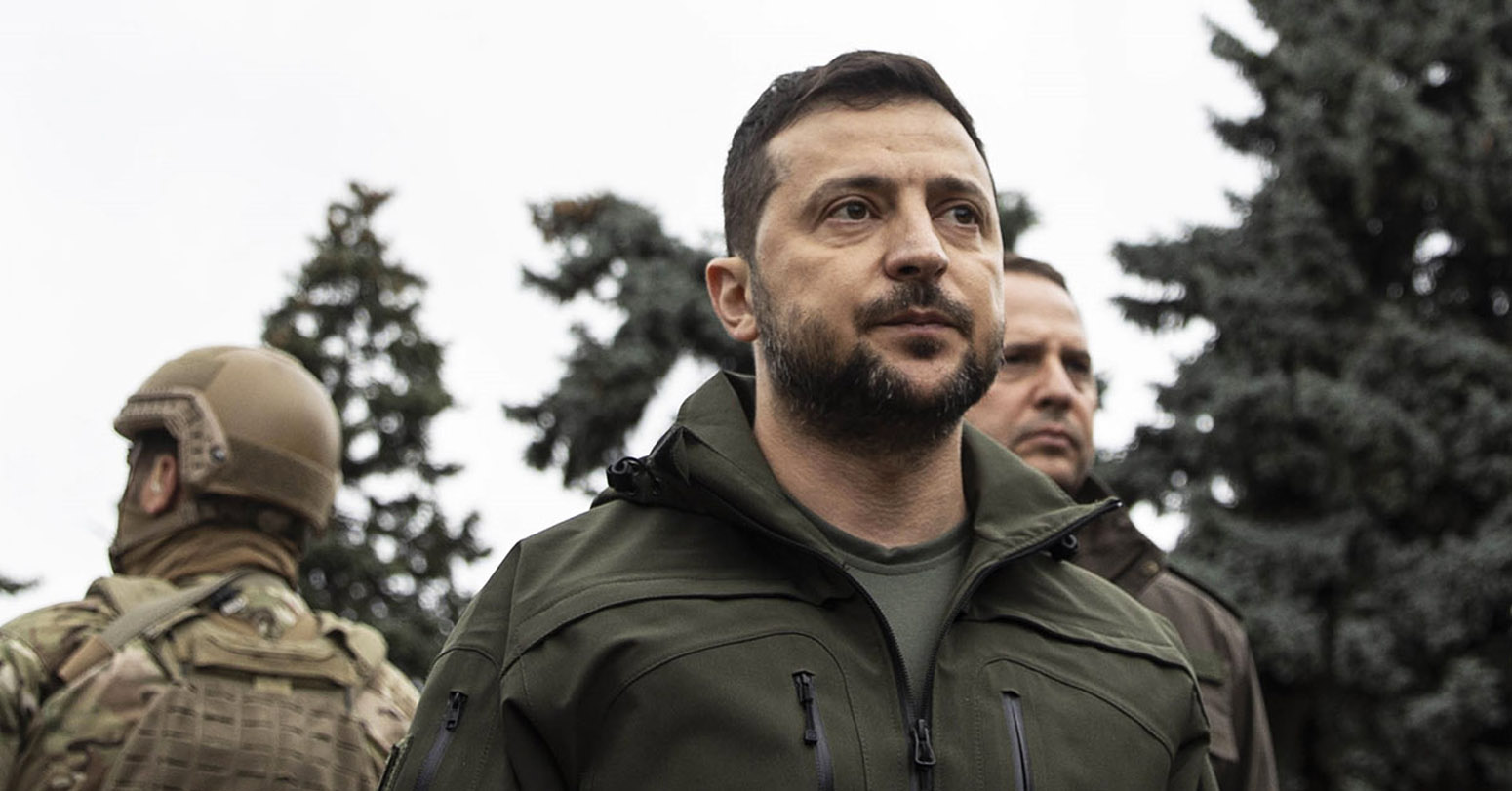
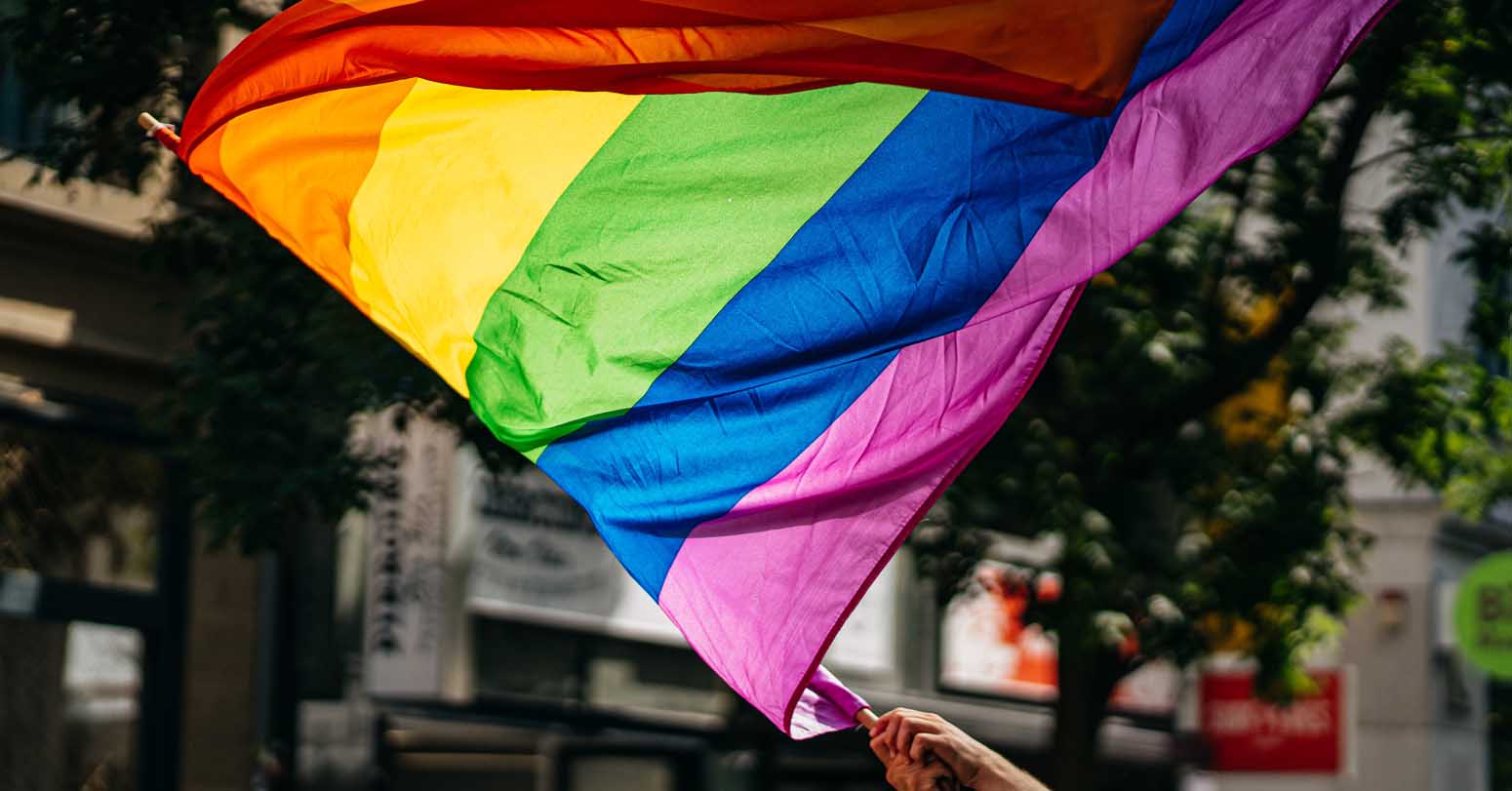


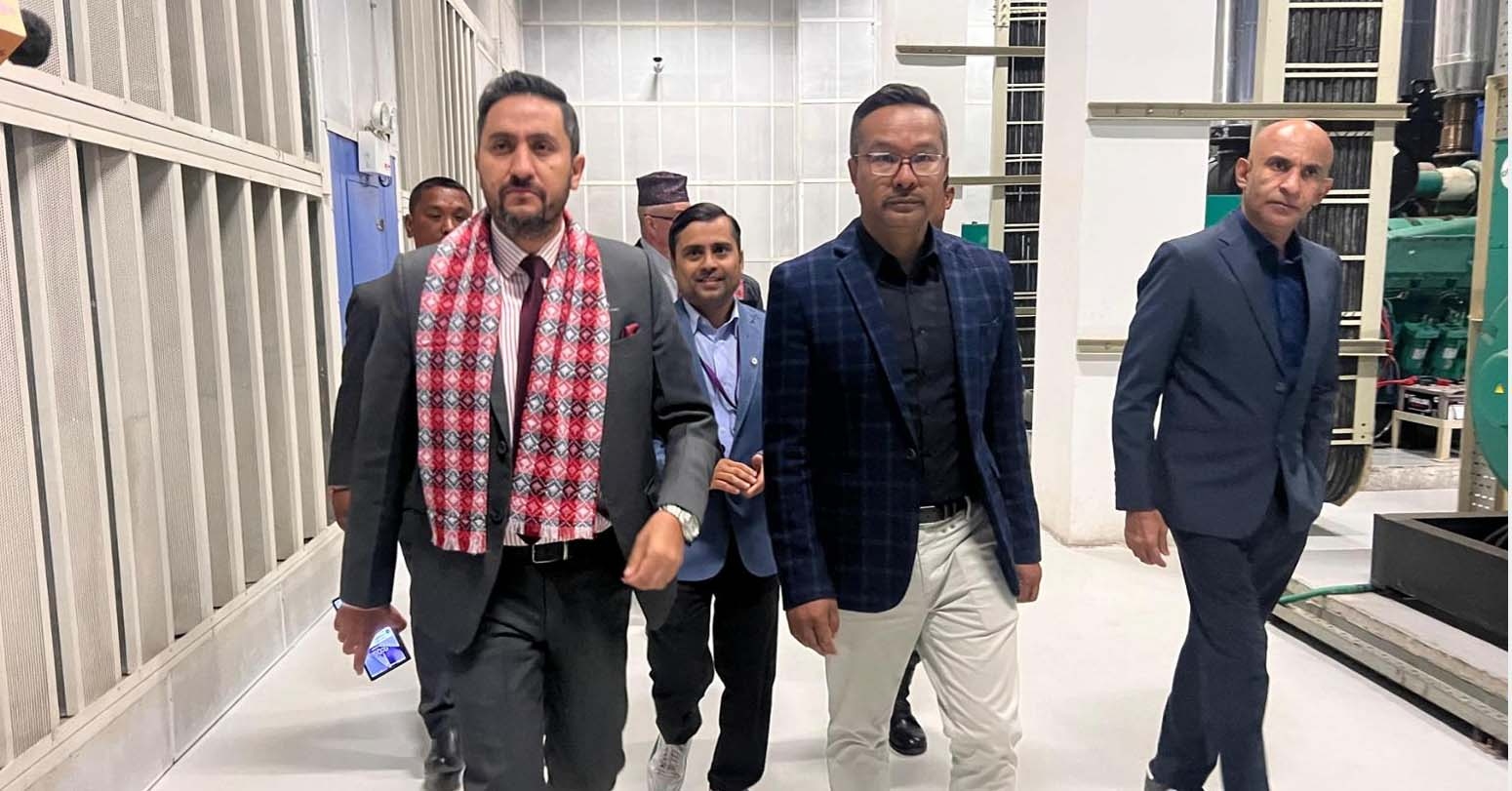
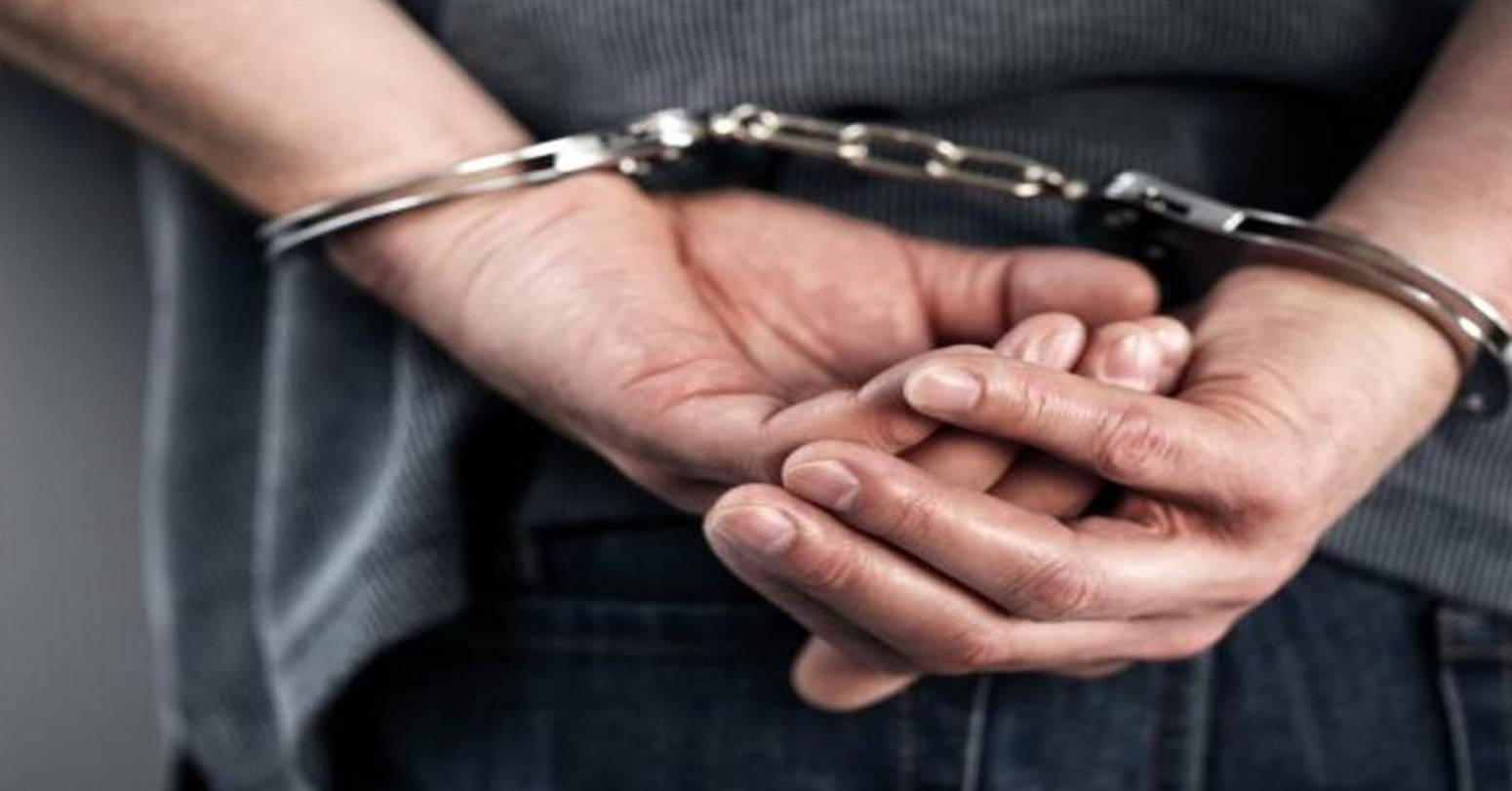

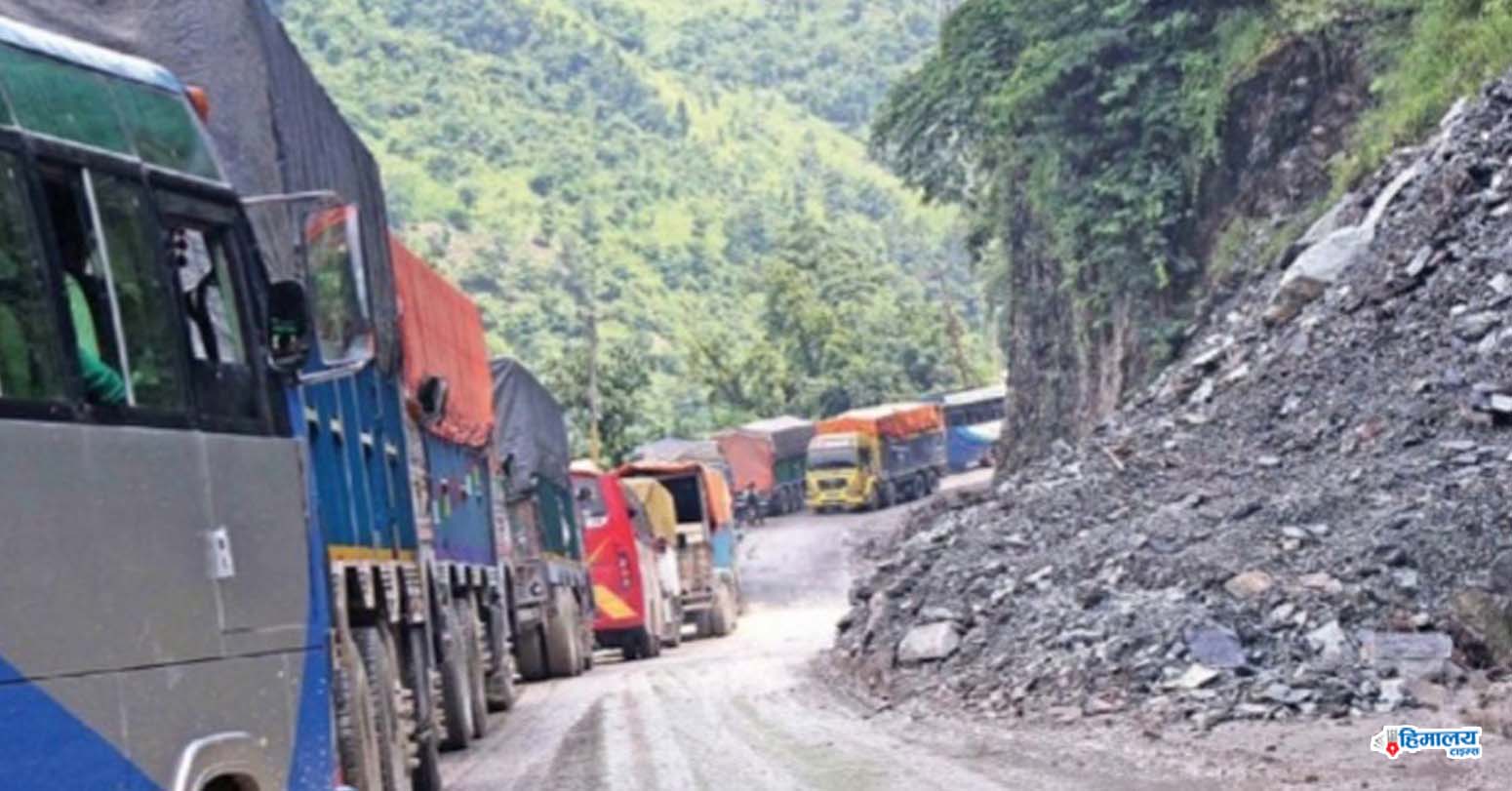
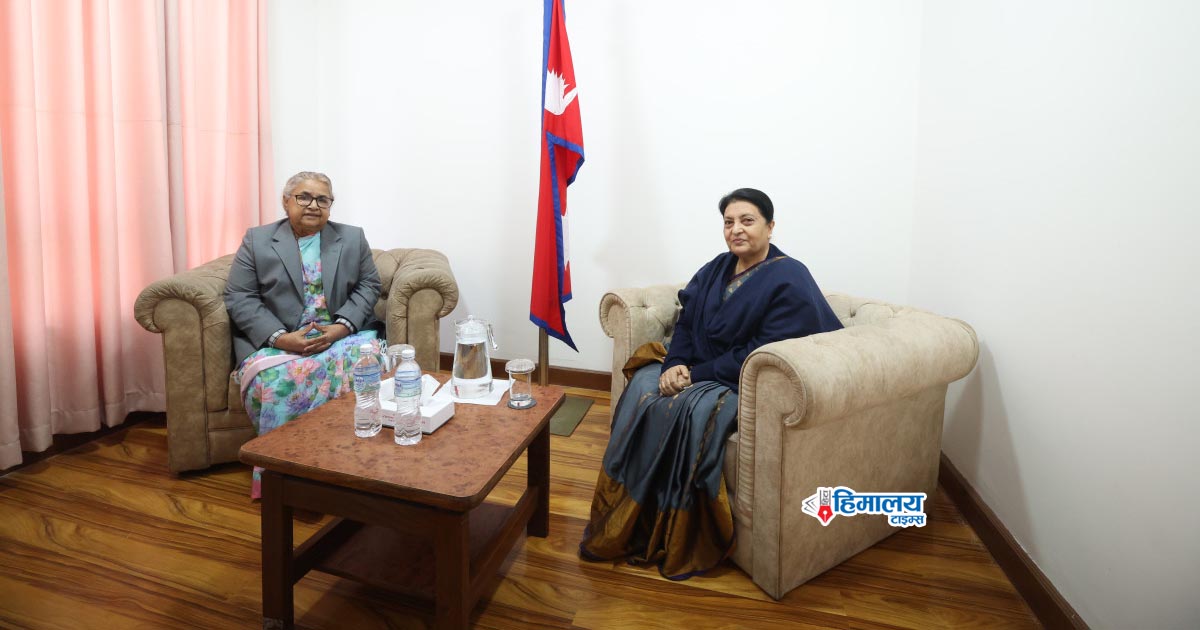
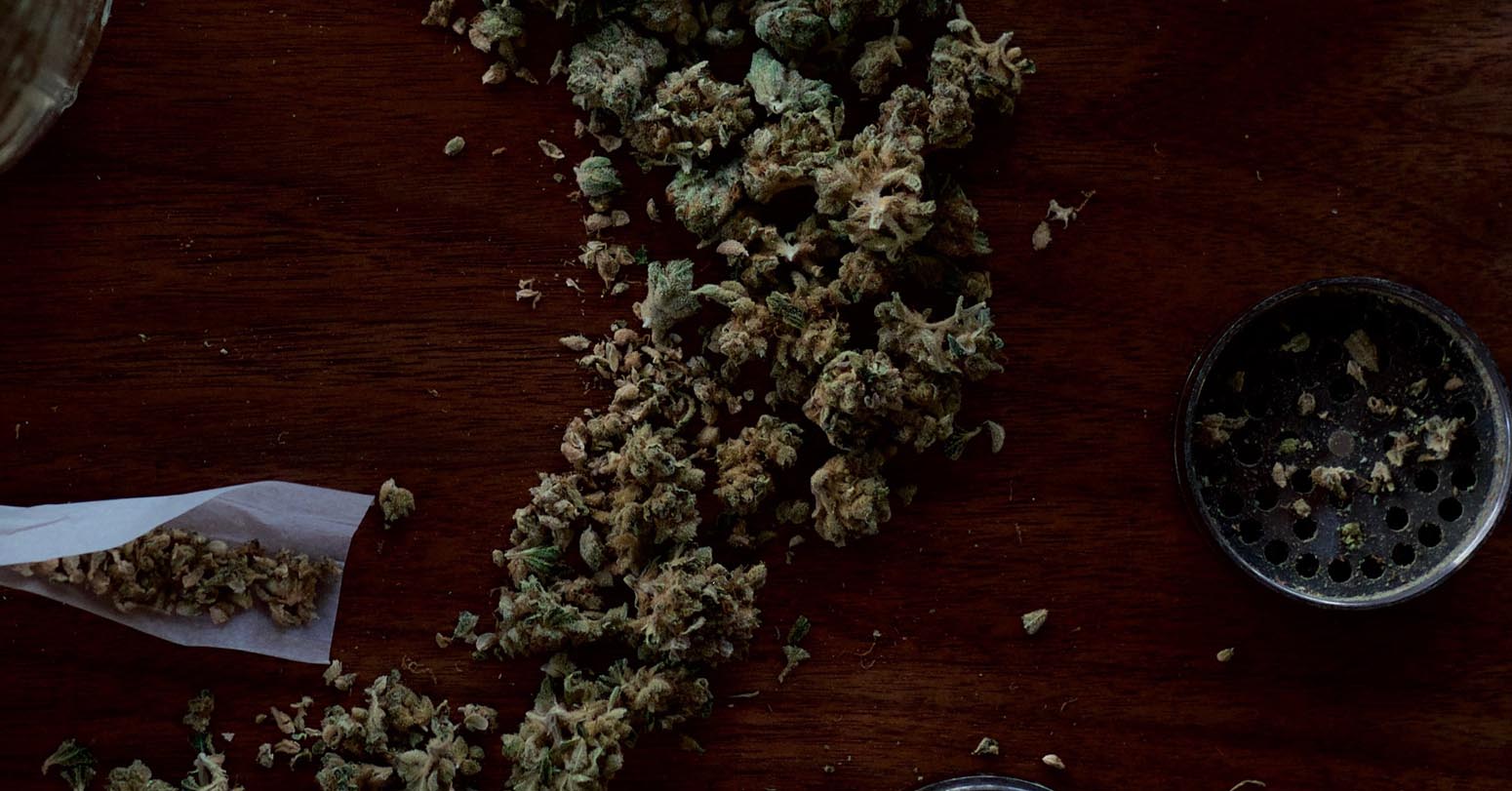

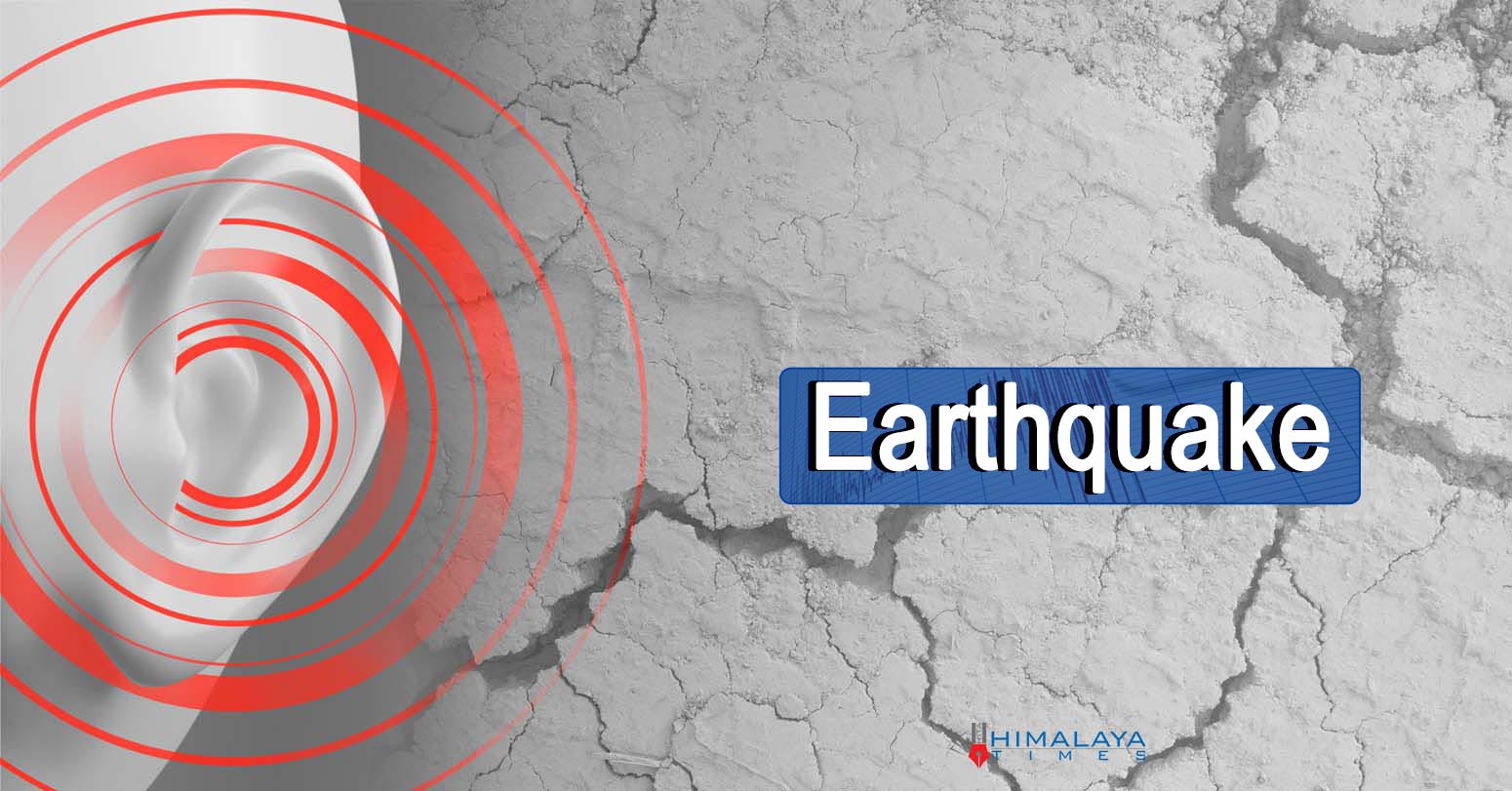
Middle-aged man spends millions to
Dr. Dharam Raj Upadhyay: Man
Children, Greatest Victims Of Sudan’s
Breathing The Unbreathable Air
Comprehensive Data Protection Law Critically
Gender Differences In Mental Healthcare